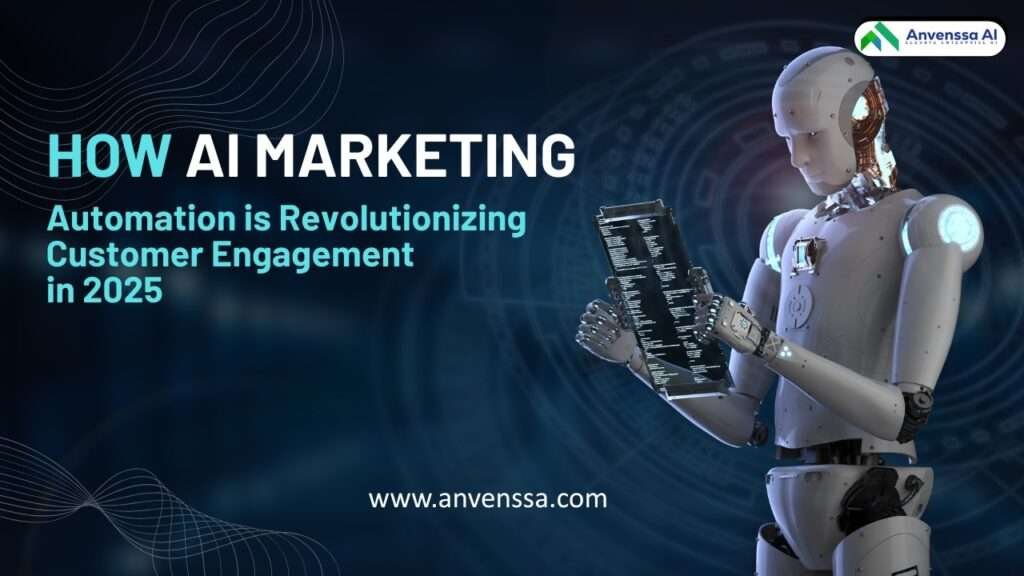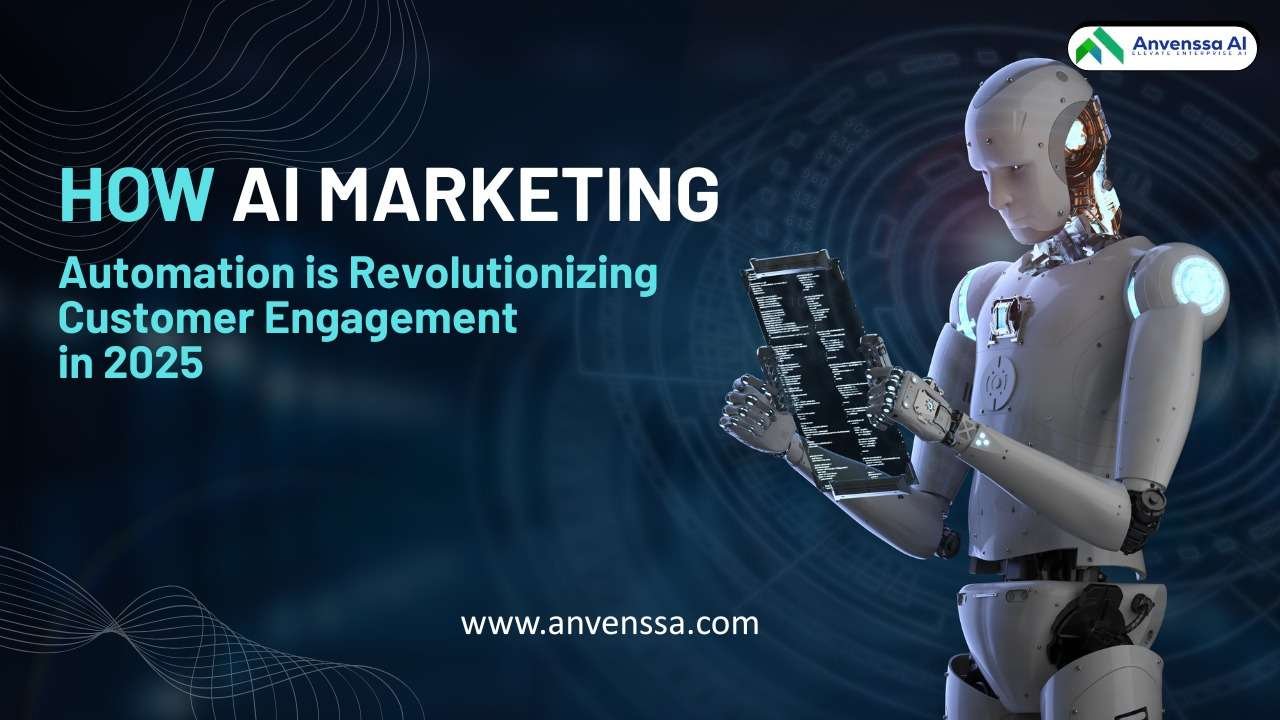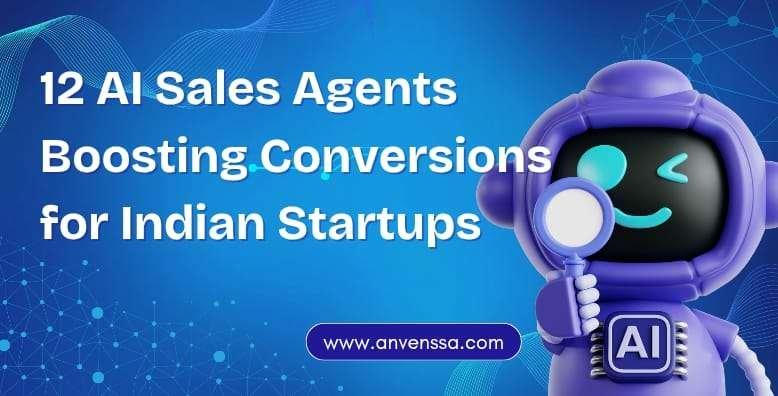Marketing in 2025 today is something entirely different from even a few years back. Firms are no longer making decisions on assumptions or formulaic campaigns — they’re employing AI Marketing Automation to develop vastly personalized, timely, and impactful customer experiences.
This is not a fleeting trend. With robust AI-powered customer engagement platforms, brands today look forward to customer reaction, process automation, and creating very laser-tailored campaigns with quantifiable returns. The outcome? Better relationships, better retention, and all-time high conversion rates.
Let us discover how AI Marketing Automation is transforming the way companies interact with customers in 2025.

The Rise of AI Marketing Automation in 2025
AI Marketing Automation refers to the process of describing the usage of artificial intelligence technologies to power and deepen marketing efforts. It combines machine learning, predictive analysis, and automated actions to analyse customer data, predict interests, and align the right action at the right time.
Unlike traditional automation, when the marketer pre-defines a set of pre-defined actions, AI marketing software reacts in real-time. For example, if a customer abandons his/her cart, AI can automatically send a specific reminder email, suggest associated products, and even change discounts based on the buying behaviour of that customer.
Since the global market for AI marketing software will grow exponentially in the next few years, it should not be surprising that forward-thinking brands are moving towards adopting it as the primary component of their strategy.
Why AI Marketing Automation is a Game-Changer for Customer Engagement
And at its essence, marketing is Customer Engagement being capable of engaging with, talking to, and interacting with people on a persistent basis. In 2025, AI Marketing Automation is doing that very same thing. Here’s why:
a) Hyper-Personalization at Scale
AI can surf tens of thousands of purchase, browsing, and engagement points and tailor messages for each and every one of them. Such degrees of personalization at scale were virtually impossible until AI-powered customer engagement platforms were utilized.
b) Real-Time Engagement
With predictive analytics and AI marketing, business companies are able to know what a customer will do next even before they take action. For example, if the statistics show that the user will churn, AI will initiate an auto-retention campaign with additional rewards to retain them.
c) Efficiency and Time-Saving
As you integrate AI into marketing processes, lead scoring, email segmentation, and campaign timing are executed automatically. Marketers can then focus on strategy and creativity.
d) Data-Driven Decisions
AI learns and automates. The more usage, the brighter it glows so that marketers can constantly refine their strategy and maximize ROI.
Key Characteristics of AI Marketing Automation Driving Engagement
Among the most powerful features of emerging AI marketing tools are:
Predictive Analytics in AI Marketing
Predictive analytics predicts customer behaviour from likelihood to purchase to channel from real-time and historical data.
Automated Customer Journeys
AI charts the entire customer journey and sends the right touchpoints automatically from awareness to loyalty.
Behavior-Based Triggers
SMS notifications, emails, push alerts, and advertisements get triggered automatically due to a customer’s action.
Real World Examples of AI Marketing Automation in Action
a) E-commerce
AI Marketing Automation is implemented on an e-commerce fashion apparel website to recommend a list of apparel items based on a user’s shopping history and seasonal fashion trends. If a user has visited sneakers three times within a week, AI reminds them of the same brand’s promo code when they are going to delete it from their shopping cart.
b) SaaS Businesses
One of the instances of AI use in marketing is when a software company uses predictive analytics to find trial users who are most likely to pay. The AI then triggers individualized onboarding with the most suitable features depending on each person’s needs.
c) Travel and Hospitality
Hotels use AI in marketing processes to trigger automatic individualized holiday packages depending on previous bookings, destination locations, and even local weather.
The Role of AI Marketing Predictive Analytics
AI marketing predictive analytics is likely the most cutting-edge 2025 capability. Based on past behaviour, AI can forecast with very high accuracy. With this, businesses can:
· Forecast customer buying intent
· Be able to forecast churn and respond in advance
· Be able to see cross-selling and upselling opportunities
· Optimize ad spend for optimal ROI
With AI-driven customer engagement technology, predictive analytics makes every marketing dollar work smarter and harder.
Why Choose Anvenssa for AI Marketing Automation?
While many companies are adopting AI in bits and pieces, Anvenssa takes a holistic approach to AI Marketing Automation. By combining predictive analytics, real-time customer engagement, and industry-specific automation strategies, Anvenssa ensures businesses don’t just adopt AI — they thrive with it. With proven expertise across global markets like the USA, UAE, UK, and India, Anvenssa helps brands maximize ROI, boost engagement, and stay ahead of competitors. Choosing Anvenssa means working with a partner who not only understands AI technology but also aligns it with your business growth goals.
Conclusion
AI Marketing Automation in 2025 is no longer a nicety, it’s a necessity for brands looking to remain relevant and competitive. With AI marketing software, AI marketing predictive analytics, and AI-driven customer engagement technology, companies can deliver timely, personal experiences that are exquisitely effective.
They who embrace this technology will not only be maximizing Customer Engagement, but building more profound, long-lasting relationships with their folk. The future of marketing is here and it’s fuelled by AI.






